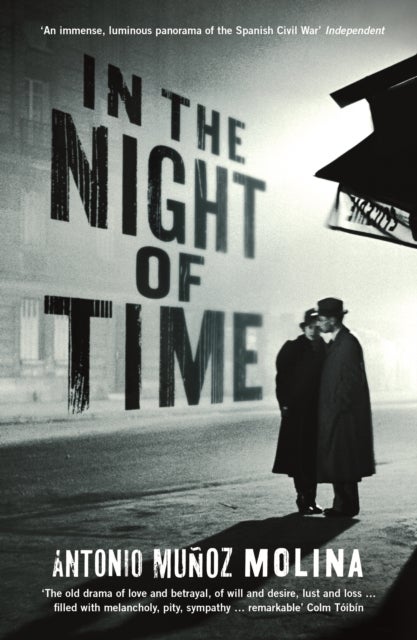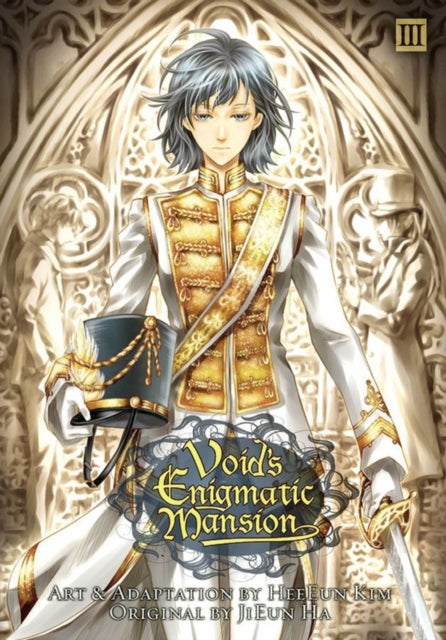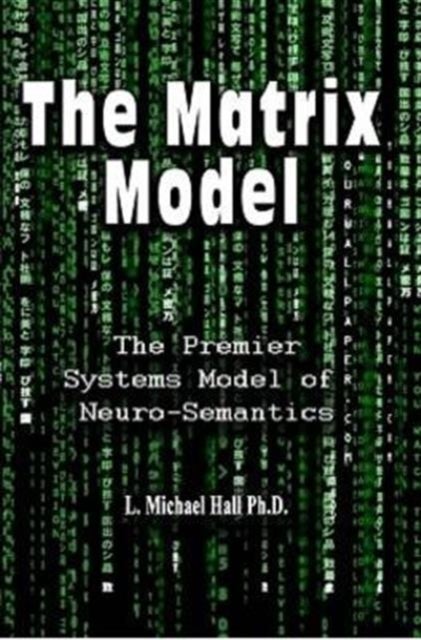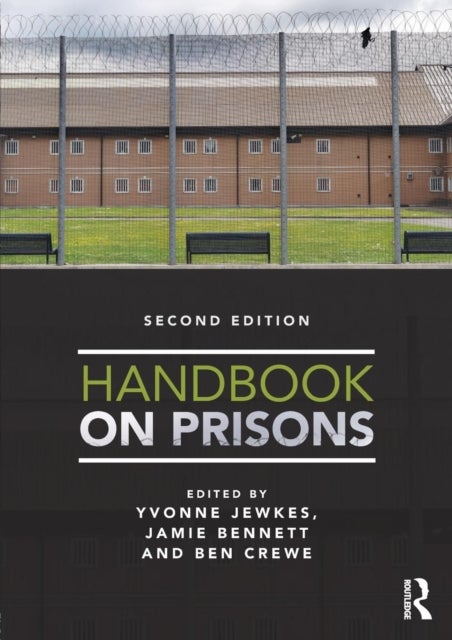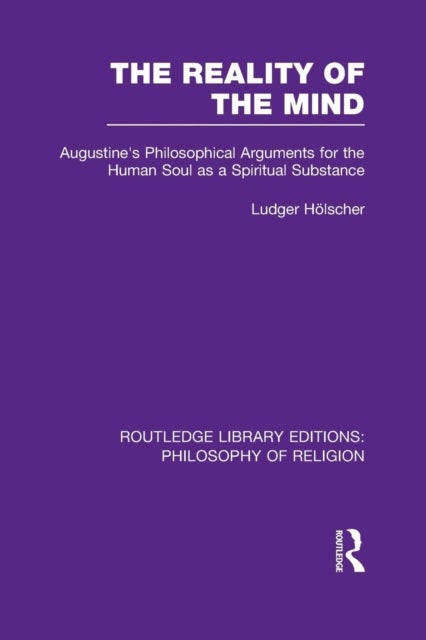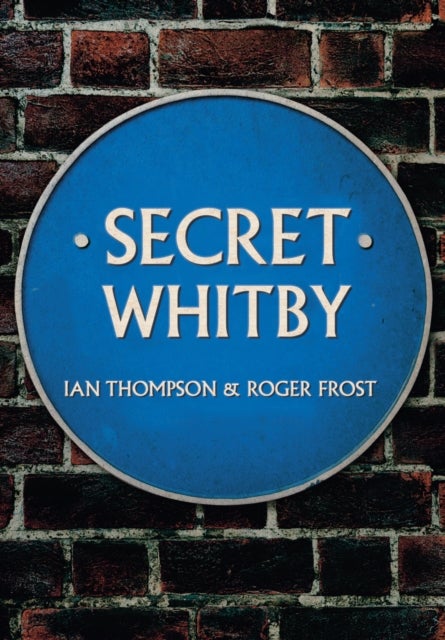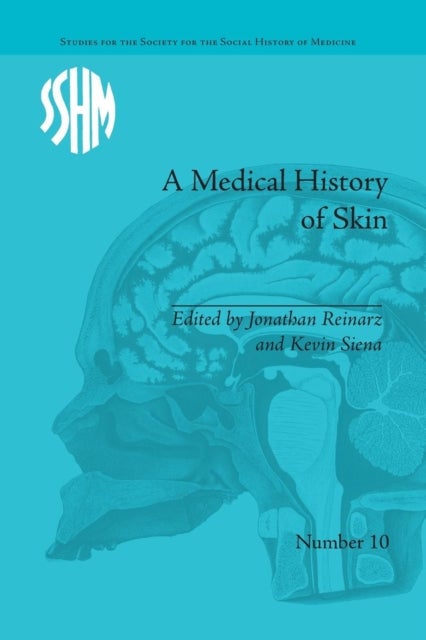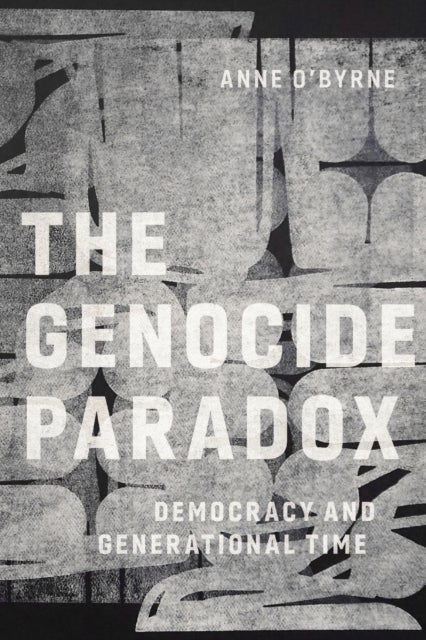
The Genocide Paradox av Anne O'Byrne
319,-
<p>We regard genocidal violence as worse than other sorts of violence¿perhaps the worst there is. But what does this say about what we value about the <i>genos</i> on which nations are said to be founded? This is an urgent question for democracies. We value the mode of being in time that anchors us in the past and in the future, that is, among those who have been and those who might yet be. If the <i>genos </i>is a group constituted by this generational time, the <i>demos</i> was invented as the anti-<i>genos</i>, with no criterion of inheritance and instead only occurring according to the interruption of revolutionary time. Insofar as the <i>demos</i> persists, we experience it as a sort of <i>genos</i>, for example, the democratic nation state. As a result, democracies are caught is a bind, disavowing <i>genos-</i>thinking while cherishing the temporal forms of <i>genos</i>-life; they abhor genocidal violence but perpetuate and disguise it. This is the genocide paradox. <br/>O¿Byrne

